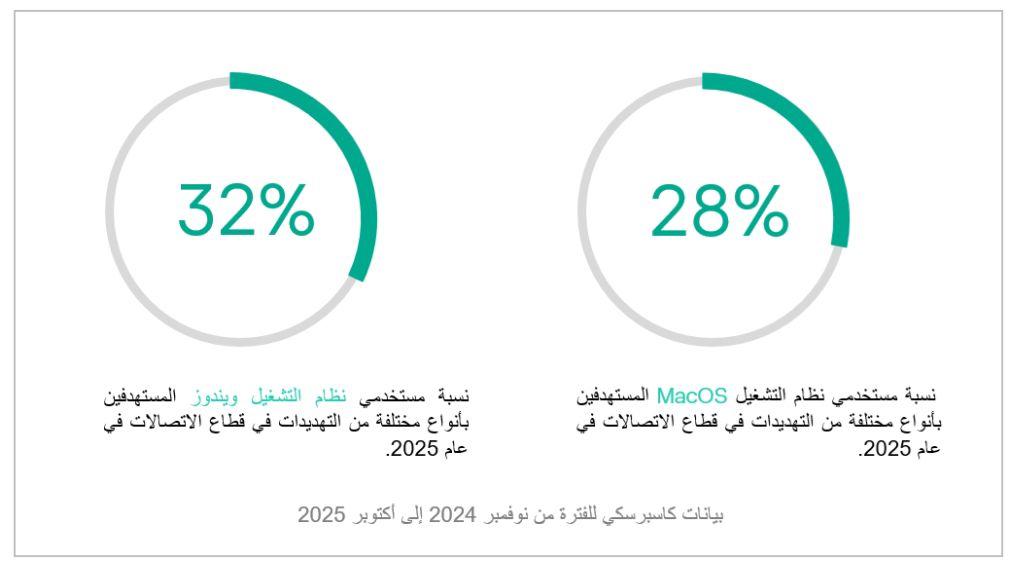By : Mohamed Elkholy
The Gallup Global Emotions 2024 Report offers a snapshot from Gallup’s latest measurements of people’s positive and negative daily experiences. The findings are based on nearly 146,000 interviews with adults in 142 countries and areas in 2023.
Gallup’s Positive and Negative Experience Indexes measure life’s intangibles — feelings and emotions — that traditional economic indicators such as GDP were never intended to capture. Each index provides a real-time snapshot of people’s daily experiences, offering leaders insights into the health of their societies that they cannot gather from economic measures alone.
Guinea Leads the World on Negative Emotions
Among the top 10 countries with the highest negative experiences worldwide, more than half were from sub-Saharan Africa. Following Guinea are Chad, scoring second highest on the index with a 51, Sierra Leone (50) and Democratic Republic of the Congo (49), with Liberia (47) and Benin and Comoros (both 45) further down the list.
On a global level, Gallup’s Negative Experience Index declined for the first time since 2014. All five negative emotions that make up the index fell between 2022 and 2023, but stress levels dropped the most. Thirty-seven percent of the world felt stressed in 2023, down three percentage points from the previous year, but notably remaining well above where it was a decade ago (33%) and the years before that.
Emotional experiences varied greatly across regions. Some countries in sub-Saharan Africa, including Gambia (down 15 points) and Eswatini (down 11 points), saw double-digit declines in stress.
Guinea, which continues to grapple with uncertainty after a military coup in 2021, scored the highest in the world on the index in 2023 with a 53. Majorities in Guinea were sad, stressed, worried and in pain. Stress skyrocketed to record levels, rising 10 points between 2022 and 2023.
As in past years, people in many of the countries and areas with the highest negative scores in 2023 were contending with economic and political turmoil or military conflict. For example, in Sierra Leone, which scored 50, people witnessed failed alleged coup attempts after their election earlier in the year.
Senegal Was the Sole African Country With Highest Positive Emotions
Globally, however, 2023 was still a better year for the world’s emotional health. Positive experiences rebounded to their pre-pandemic levels, completing the recovery that started in 2022. Most of the improvement on the index in 2023 occurred among those aged 30 and older.
The Positive Experience Index is a measure of experienced wellbeing on the day before the survey. Questions provide a real-time measure of respondents’ positive experiences. It is based on people's responses to five questions about positive experiences they had the day before the survey. Higher scores indicate that more of the population reported experiencing these emotions, and lower scores indicate the opposite.
Senegal was the sole African country on the top 10 list of countries with its score of 82, but it was not the first time the country appeared here: It also made the top of the list in 2021. More than three in four Senegalese said they experienced enjoyment during a lot of the previous day. About nine in 10 people in Senegal reported smiling or laughing a lot during the previous day and seven in 10 reported feeling well-rested. More than nine in 10 reported feeling treated with respect.
Sierra Leone (56) was among the countries with the lowest positive experience scores in the world, on par with Ukraine and Bangladesh. Ethiopia (55) also made this list.
The World Learned Something in 2023
For almost two decades, the percentage of people worldwide who said they learned or did something interesting the previous day has seldom topped 50%. The 54% who did so in 2023 represents a new record high.
Senegalese ranked No. 1 on this measure, with 79% in 2023 saying they learned or did something interesting, like the 77% who said so in 2022. In the region, half of people said the same in Sierra Leone and Republic of the Congo, close to reported rates in Chad and Democratic Republic of the Congo (49%). But far fewer had the same opportunity in Ethiopia (33%).













































































